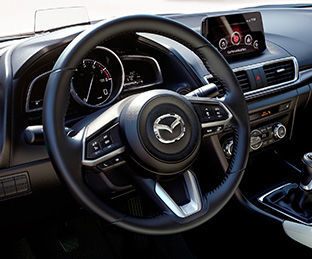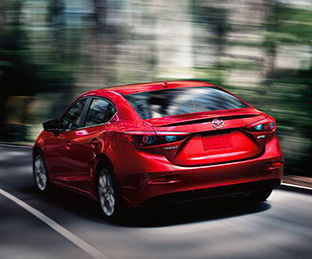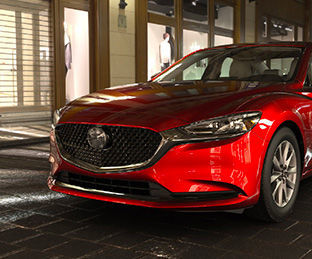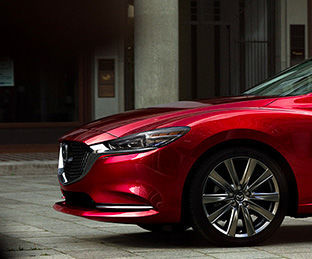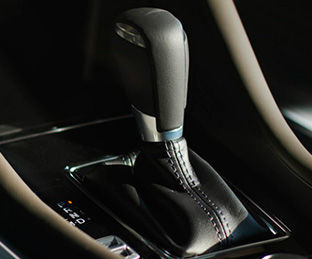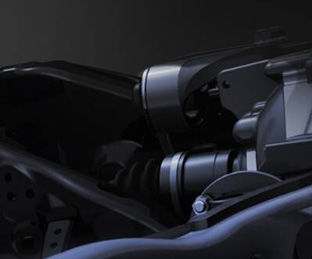Confidence Ignited
Confidence Ignited by Intuition Mazda’s predictive i-Activ AWD is an on-demand system featuring sensors that check road conditions 200 times every second. Built to sense, and respond to these conditions, i-Activ AWD helps to ensure a more confident drive.


